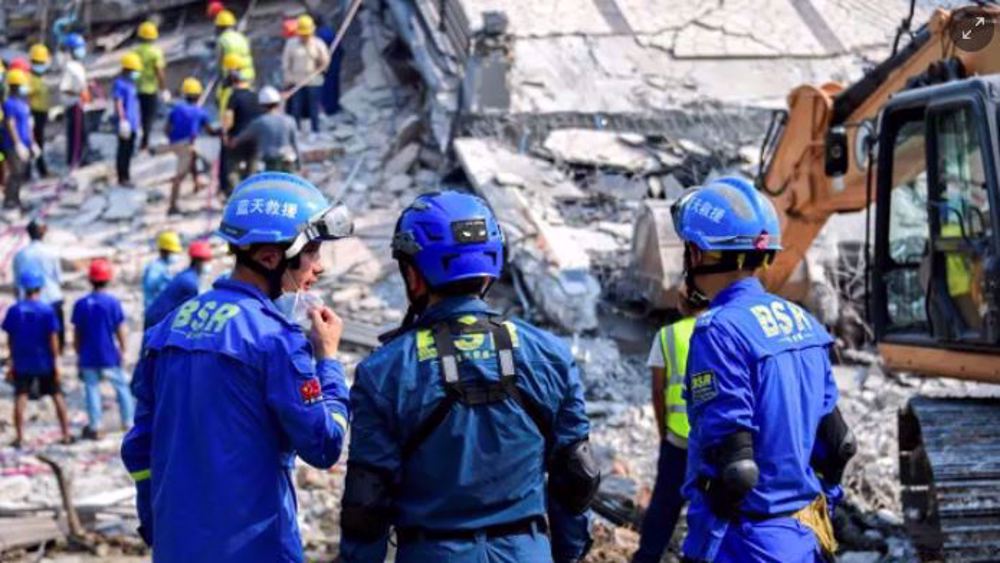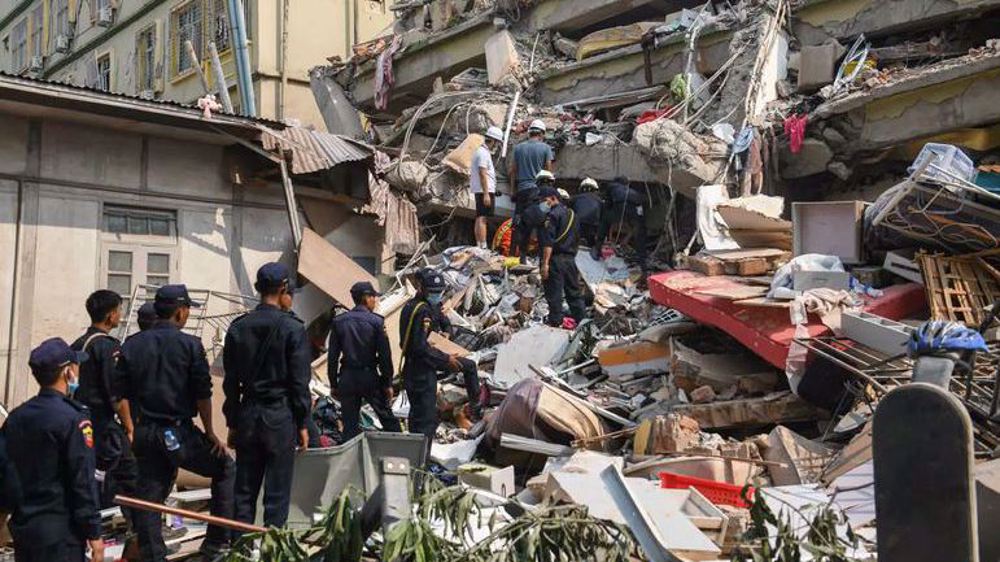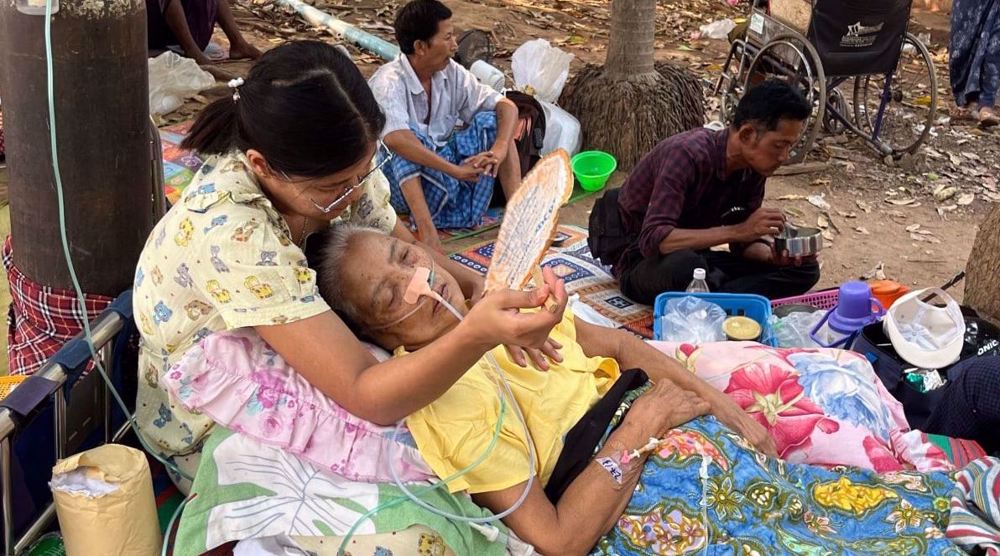Bangladeshi police detain 3 more over stabbing attack on top author, academic
Bangladeshi authorities say they have detained three more men as they probe a stabbing attack on Mohammed Zafar Iqbal, a bestselling science fiction writer and professor of computer science.
According to police, the arrests were made on Sunday in connection with background checks on suspected assailant Foyzur Rahman, 25, who was arrested at the crime scene following the knife attack on the prominent author at the Shahjalal University of Science and Technology (SUST) in the northeastern city of Sylhet a day earlier.
Police did not provide further details regarding the newly detained suspects but said Rahman, who has been identified as a student at a seminary, had already admitted to the assault as the author was “an enemy of Islam.”
Rahman is currently receiving treatment in a hospital as he sustained some injuries when he was attacked by students at the scene before the university authorities with the help of police took him into custody.
Iqbal, 64, who is particularly popular with children for his Sci-Fi books and is the head of the Department of Electrical and Electronic Engineering of SUST, was flown to the Combined Military Hospital in the capital Dhaka for further treatment for wounds to his head on Saturday night.
According to Munshi Mujibur Rahman, a senior consultant at the hospital, he is in stable condition and out of danger now.
Police said that now they were trying to ascertain whether there was any connection between any militant group and the stabbing incident. However, they added that Rahman, whose father was a teacher at a seminary, might have had links to extremists blamed for attacks on secular and atheist writers in the last four years.
Meanwhile, Bangladeshi Prime Minister Sheikh Hasina described those behind the attack as “fanatics,” who would face full force of law.
“Those who are committing these crimes are fanatics... we earlier decided not to allow terrorism and militancy in the country,” she said, adding that she had ordered the air force to take the wounded physicist to the capital “for better treatment.”
In the past few years, Iqbal had backed the execution of top militant groups’ leaders, key opponents of Hasina, for their role in war crimes in the early 1970s, despite allegations that the premier was crushing dissent.
Bangladesh has seen a string of deadly attacks targeting bloggers, foreigners and religious minorities.
In the most serious recent attack in July 2016, gunmen stormed a cafe in the diplomatic quarter of Dhaka and killed 22 people, most of them foreigners.
Al-Qaeda and the Daesh Takfiri terrorist group have also claimed responsibility for a series of killings over the past few years. However, the Dhaka government has denied the presence of such groups, blaming domestic militants instead.
Police and army commandos have killed over five dozen suspected militants and detained hundreds since the cafe attack.

WHO warns Myanmar quake ‘top-level emergency’, seeks urgent funding

Iran voices readiness to help quake-stricken Myanmar, Thailand

Myanmar, Thailand declare state of emergency after quake
Germany set to deport four foreign pro-Palestine protesters
VIDEO | No more bakeries working in Gaza as Israeli blockade shuts down all entries to territory
Hind Rajab Foundation to file legal action ahead of Netanyahu’s planned trip to Hungary
VIDEO | Iran marks Islamic Republic anniversary
Russia warns of ‘catastrophic’ consequences if US attacks Iran
No such thing as ‘military option’ let alone ‘military solution’ to nuclear issue: Iran
Iran VP opens privately-owned $150 mln hotel in north Iran
Iran urges IAEA to take a clear stance against threats to its nuclear facilities












 This makes it easy to access the Press TV website
This makes it easy to access the Press TV website